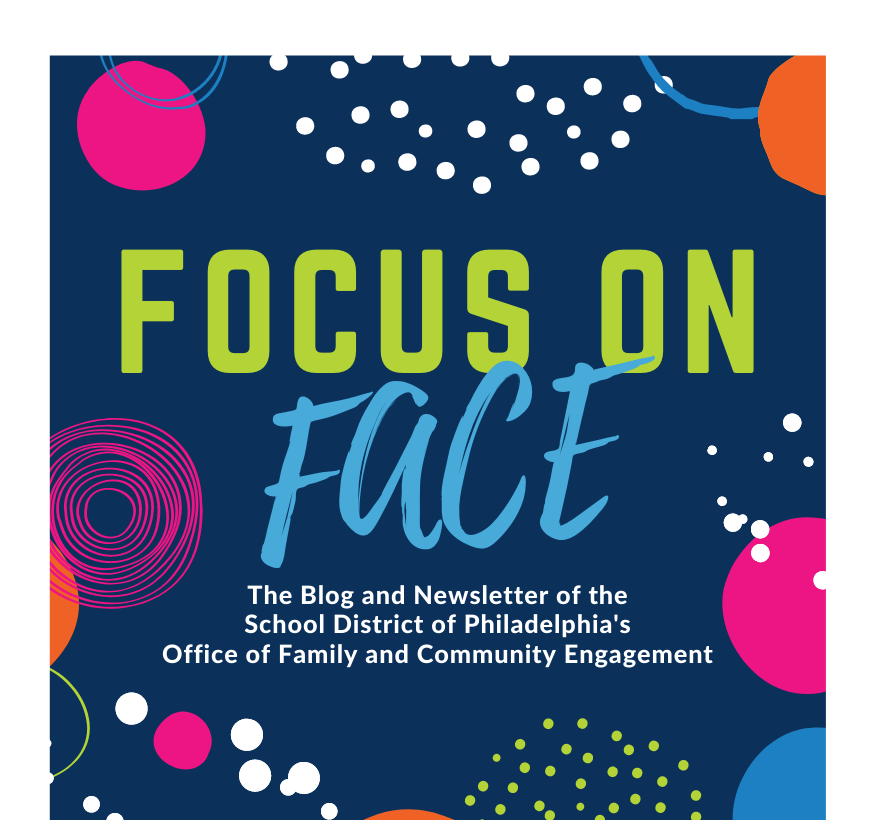In just a few days, Keystone Exams will begin for 8th through 11th graders. We know Keystone Exams have the potential to be confusing and stressful for students and families alike, but we’re here to provide some tips on how to make these couple of weeks go smoothly for your child!
Before the test

- Encourage your child to get good sleep the nights before the exams. This can even start several nights before the test to form a habit. Consider having your child avoid bright screens on TVs, phones, and tablets, which prevent your brain from shutting down properly to sleep; students can try reading a book or listening to music before bed instead. Students should aim for at least 8 hours of sleep so they’re well rested before the exams.
- Start the day off on a good foot. Students should leave a little bit earlier than usual to make sure they get to school on time. Listening to uplifting music or podcasts on the way to school can create positive thoughts and motivation. Eating a healthy, balanced breakfast, either at home or at school the morning of the exam and drinking plenty of fluids will help the body during the day. Students should make sure they go to the bathroom 15-30 minutes prior to the exam so they’re comfortable while taking the tests.
- Wear comfortable clothing. Of course, many students have uniforms they must wear to school, but they should consider choosing the most comfortable uniform attire they have to wear during testing. This may include looser fitting pants and shirts and dressing in layers to adapt to the environment. This will prevent distractions and discomfort during the exams.
- Remain positive and disengage from negative thoughts. If these thoughts are coming from their classmates, students should consider removing themselves from the conversation or try to change the topic or tone of the discussion. If students feel nervous, they can give themselves a pep talk and repeat positive affirmations in their head.
- Understand how the test is administered and scored. Students should listen carefully to all instructions given by the person administering the exams. They can ask questions to seek clarification: how is the test scored? Can I ask questions during the exam? What do I do if I don’t know the answer? This will allow them to take the exam with more confidence.
During the test
- Encourage your child to pace themselves. Students should be mindful of the amount of time given to complete a section and use it to plan out the section in a way that works for them. They should continue to monitor the amount of time remaining in a section as it goes on. If they get stuck on a question, they should consider moving on to avoid spending too much time on one single question and come back to it if there is time left.
- Read the entire question before answering. Reading the question in full allows a student to have all of the information necessary to answer a question correctly. They may want to underline parts they think may help them and reread the question if they’re still unsure
 about what the question or prompt is asking.
about what the question or prompt is asking. - Relax and breathe. Although it may seem easier said than done, students should always try to remain calm and relaxed during an exam. They can consider doing body scans during the exams. If they find themselves panicking, they can take a few deep belly breaths to try and stabilize their breathing. If they’re clenching their fists or jaw, they can take a moment to ease up. The previously mentioned layers of clothing will allow students to regulate the temperature to be more comfortable.
- Don’t worry about students who finish earlier or later than you. Every student is different and that includes how each student uses their time and takes exams. Taking an exam faster or slower does not mean someone will do better or worse; everyone just works at their own pace.
- Review your answers. If they have time left over at the end of the test, students should take a few moments to review the answers they’ve chosen or written to ensure all looks good. While they may not want to second guess every answer they’ve selected, ensuring all questions were read properly and answers were chosen or written correctly is perfectly normal.
Keystone Exams for grades 8-11 begin on Monday, January 7, 2019 and end on Thursday, January 17, 2019. If you have questions about testing at your child’s school, contact the school directly or visit the Office of Curriculum, Instruction, & Assessment’s Keystone Exam Page.
Sources:
Khan Academy: Tips for Test Day
Albert: 7 Tips to Exam Test Prep the Morning of a Test
Student Caffe Blog: Preparing for Standardized Tests
FastWeb: Top Standardized Test-Taking Tips

